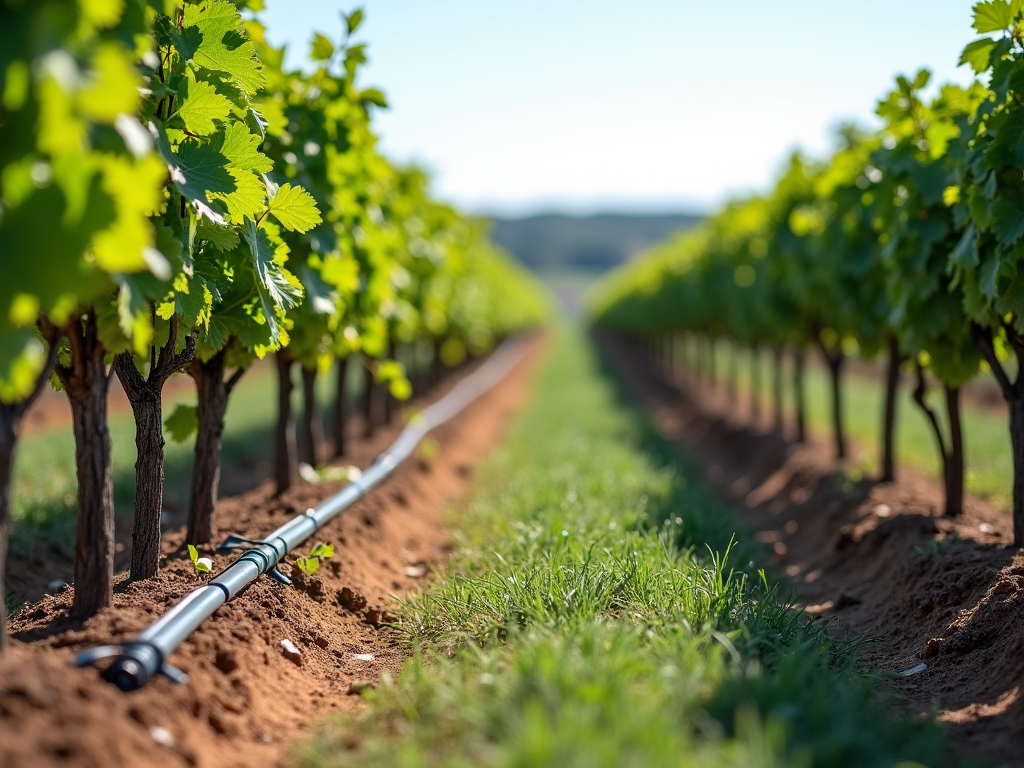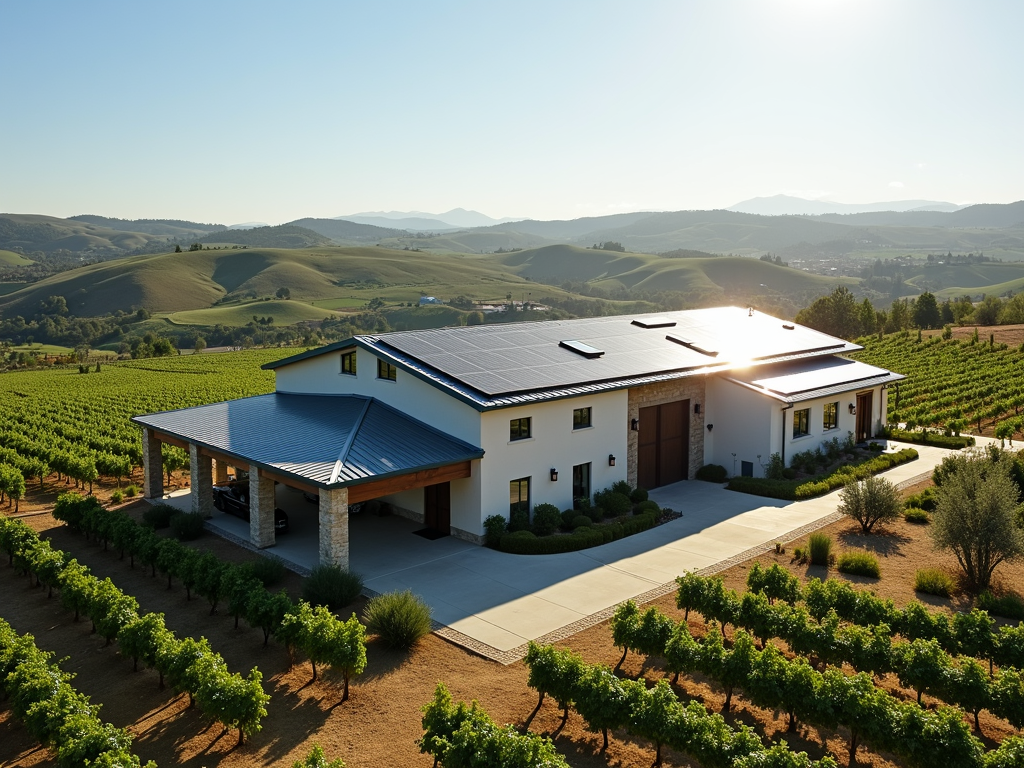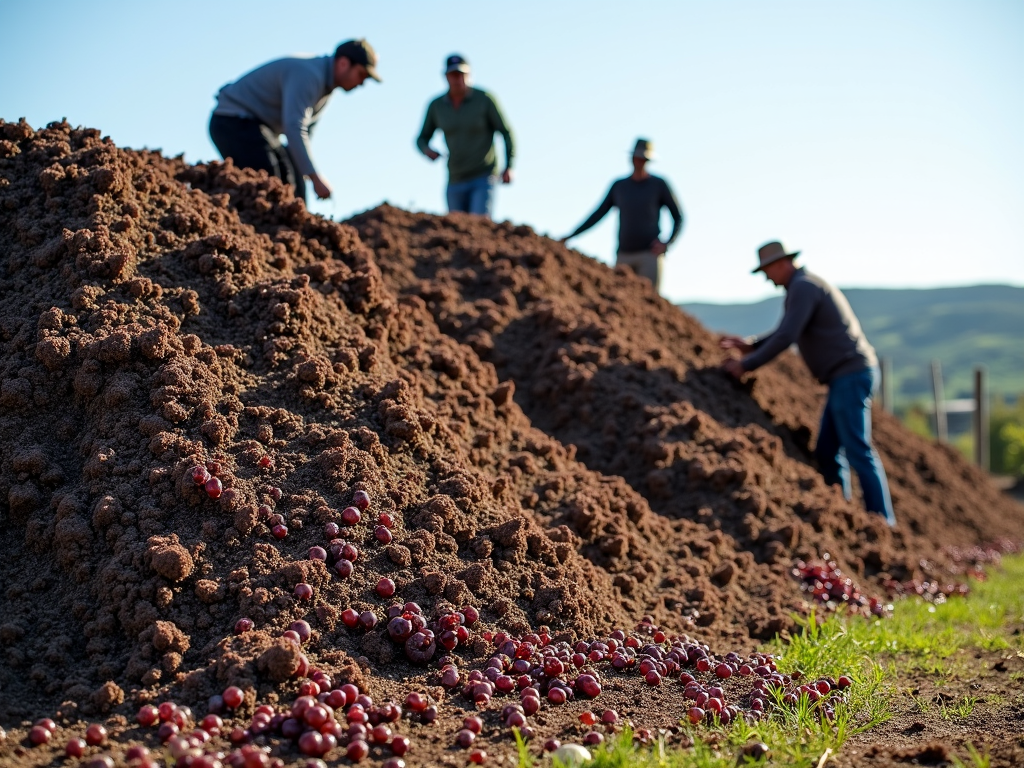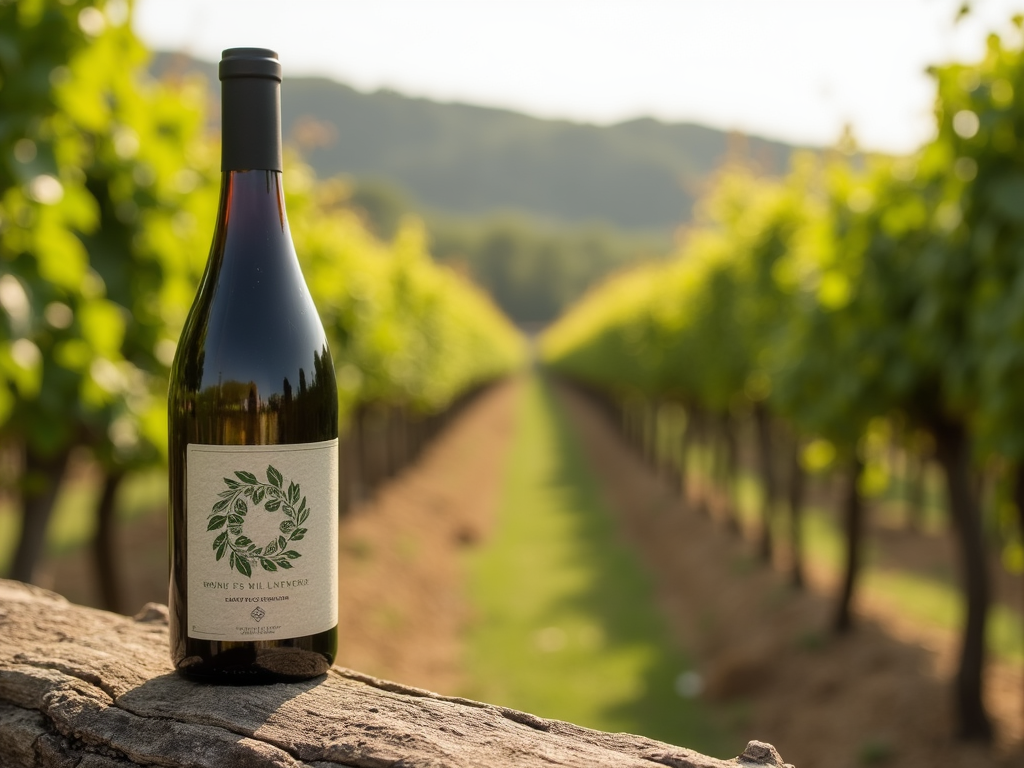Uncorking Sustainability: The Environmental Impact of the Wine Industry and Jackson Family Wines' Green Initiatives
The wine industry, while beloved for its rich traditions and cultural significance, has a significant environmental footprint. From water usage and pesticide application to energy consumption and waste production, the production of wine can take a toll on the planet. However, many wineries are now embracing sustainable practices to mitigate these impacts. One such leader in this movement is Jackson Family Wines, a family-owned company renowned for its commitment to environmental stewardship. In this article, we'll explore the environmental challenges of the wine industry and delve into the innovative sustainable practices employed by Jackson Family Wines. Whether you're a wine enthusiast or simply curious about sustainability, this article offers valuable insights into how the wine industry can evolve to protect our planet.
The Environmental Challenges of the Wine Industry
The wine industry faces several environmental challenges that stem from both vineyard management and winemaking processes. Understanding these challenges is crucial for appreciating the importance of sustainable practices.
Water Usage
Vineyards require substantial amounts of water, particularly in regions with dry climates. Traditional irrigation methods can be inefficient, leading to water waste and depletion of local water resources. This not only strains the environment but also affects the quality of the grapes.
Pesticides and Herbicides
The use of chemical pesticides and herbicides is common in conventional viticulture to protect vines from pests and diseases. However, these chemicals can leach into the soil and waterways, harming ecosystems and posing risks to human health.
Energy Consumption
Wineries consume significant energy for various processes, including fermentation, refrigeration, and bottling. Additionally, the transportation of wine, both locally and globally, contributes to carbon emissions.
Waste Production
The winemaking process generates waste such as grape pomace (the solid remains after pressing), wastewater, and packaging materials. If not managed properly, this waste can contribute to pollution and landfill overflow.

Sustainable Practices in the Wine Industry
To address these environmental challenges, many wineries are adopting sustainable practices. These practices not only reduce the industry's ecological footprint but also often lead to higher-quality wines and long-term cost savings.
Organic and Biodynamic Farming
Organic farming eliminates the use of synthetic pesticides and fertilizers, relying instead on natural alternatives. Biodynamic farming takes this a step further by incorporating holistic agricultural practices that consider the vineyard as a self-sustaining ecosystem.
Water Conservation
Efficient irrigation systems, such as drip irrigation, deliver water directly to the roots of the vines, minimizing waste. Additionally, some wineries are implementing rainwater harvesting and wastewater recycling to reduce their reliance on external water sources.
Renewable Energy
Solar panels, wind turbines, and other renewable energy sources are becoming increasingly common in wineries. These technologies help reduce energy consumption from non-renewable sources and lower carbon emissions.
Waste Reduction and Recycling
Composting grape pomace, recycling packaging materials, and treating wastewater are effective ways to manage waste. Some wineries even use innovative methods like turning grape pomace into biofuels or animal feed.

Jackson Family Wines: A Leader in Sustainability
Jackson Family Wines, a family-owned company with a portfolio of over 40 wine brands, has been at the forefront of sustainable winemaking for decades. Their commitment to environmental stewardship is evident in every aspect of their operations, from vineyard management to winery practices.
Water Conservation Efforts
Jackson Family Wines has implemented advanced irrigation systems across their vineyards, including drip irrigation and soil moisture monitoring. These technologies ensure that water is used efficiently, reducing waste and preserving local water resources. In some of their vineyards, they've also installed rainwater catchment systems to supplement irrigation needs.
Integrated Pest Management
Rather than relying on chemical pesticides, Jackson Family Wines employs integrated pest management (IPM) strategies. This approach involves using natural predators, such as beneficial insects, to control pests and diseases. Additionally, they practice cover cropping and biodiversity enhancement to create a balanced ecosystem within their vineyards.
Renewable Energy Initiatives
Jackson Family Wines has made significant investments in renewable energy. Many of their wineries are powered by solar panels, and they've also explored wind energy in suitable locations. These initiatives have allowed them to reduce their carbon footprint and operate more sustainably.
Waste Management and Recycling
The company has a comprehensive waste management program that includes composting grape pomace, recycling packaging materials, and treating wastewater. They also prioritize the use of lightweight glass bottles and eco-friendly packaging to minimize their environmental impact.

Certifications and Awards
Jackson Family Wines' dedication to sustainability has not gone unnoticed. They have received numerous certifications and awards that recognize their efforts:
- Certified California Sustainable Winegrowing (CCSW): This certification acknowledges their commitment to sustainable practices in both the vineyard and winery.
- LEED Certification: Several of their wineries have achieved Leadership in Energy and Environmental Design (LEED) certification for their energy-efficient and environmentally friendly buildings.
- Wine Enthusiast's Green Award: In 2016, Jackson Family Wines was named the "Green Company of the Year" by Wine Enthusiast magazine.
These accolades not only validate their efforts but also inspire other wineries to follow suit.

Personal Insights: A Visit to Jackson Family Wines
During a recent visit to one of Jackson Family Wines' vineyards, I was struck by the palpable sense of harmony between the land and the people who care for it. Walking through the rows of vines, I noticed the vibrant cover crops growing between them—clover, mustard, and wildflowers—all part of their biodiversity enhancement strategy. The air was filled with the hum of bees and the chirping of birds, a testament to the healthy ecosystem they've cultivated.
Speaking with the vineyard manager, I learned about their meticulous approach to water conservation. "Every drop counts," he said, pointing to the soil moisture sensors that help them determine precisely when and how much to irrigate. "We're not just growing grapes; we're stewarding the land for future generations."
Inside the winery, the commitment to sustainability was equally evident. Solar panels gleamed on the roof, and the hum of energy-efficient machinery filled the air. The winery's design incorporated natural light and ventilation, reducing the need for artificial lighting and cooling.
This visit reinforced my belief that sustainability in the wine industry is not just a trend but a necessary evolution. It's about respecting the land, the people, and the product.
Conclusion: The Future of Sustainable Winemaking
The environmental impact of the wine industry is significant, but so too is the potential for positive change. Through innovative practices like those employed by Jackson Family Wines, the industry can reduce its ecological footprint while continuing to produce high-quality wines. As consumers, we can support this movement by choosing wines from sustainable producers and advocating for environmentally friendly practices.
The journey toward sustainability is ongoing, and it requires collaboration between wineries, consumers, and policymakers. By embracing sustainable practices, the wine industry can ensure that future generations can enjoy both the beauty of the vineyards and the pleasure of a fine glass of wine.